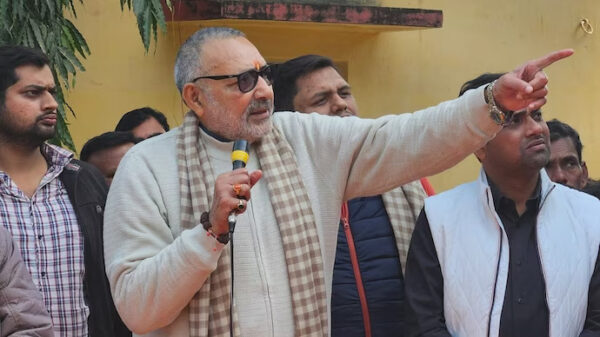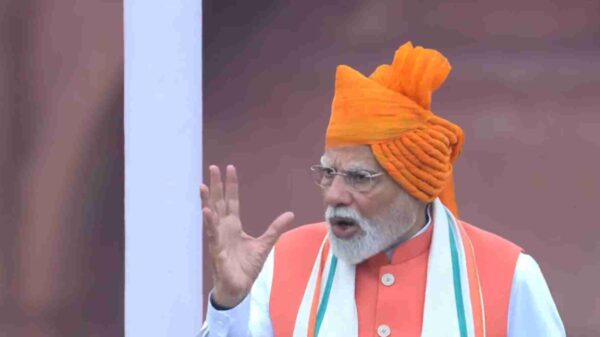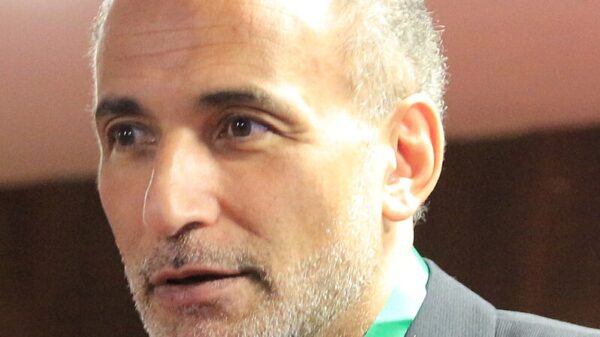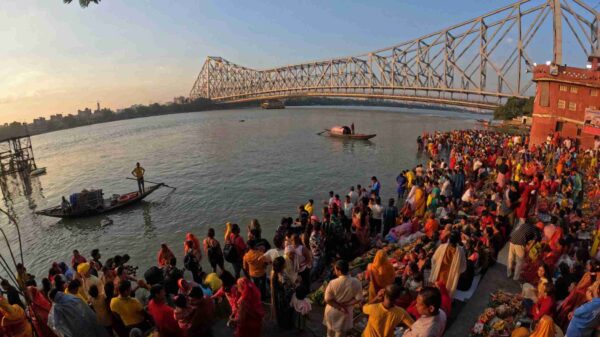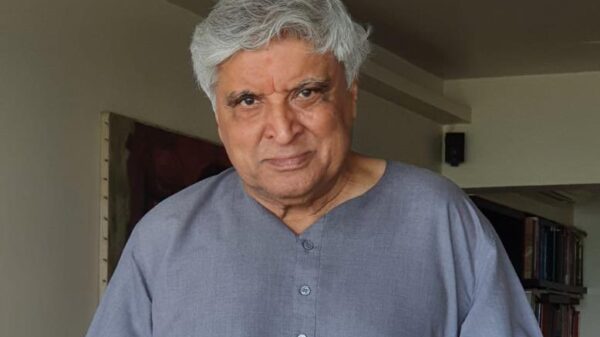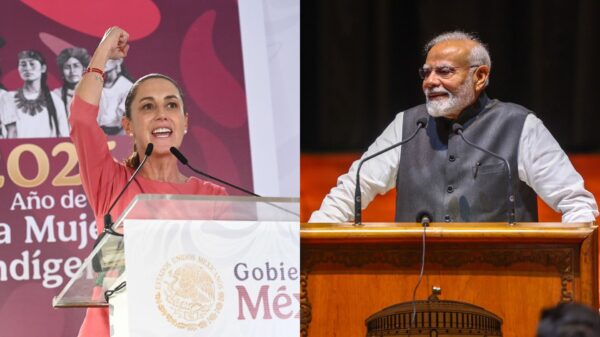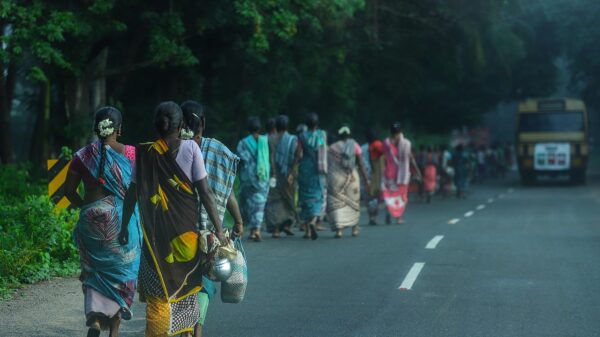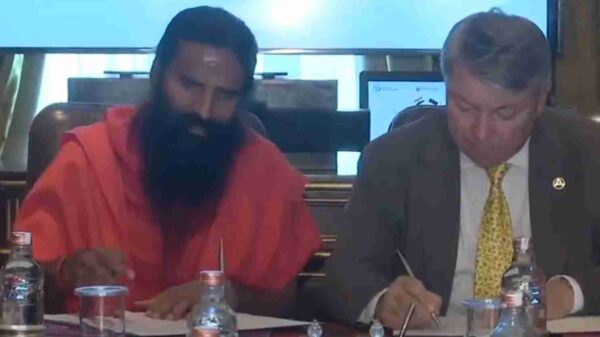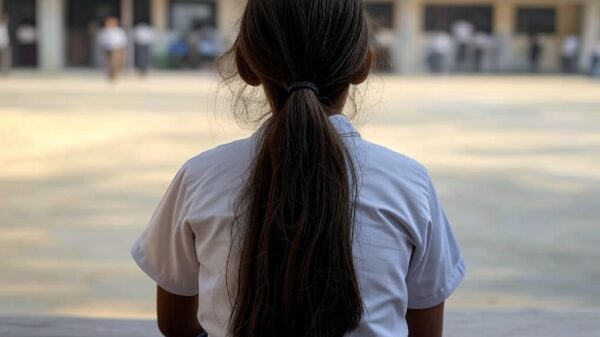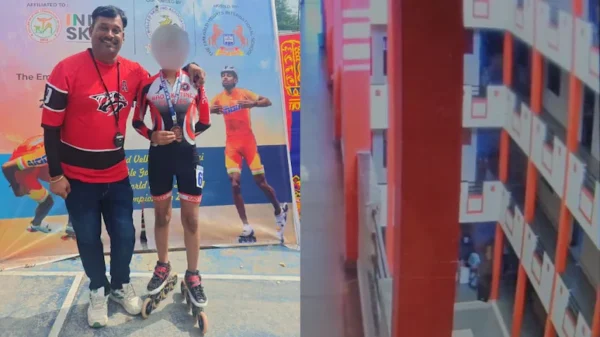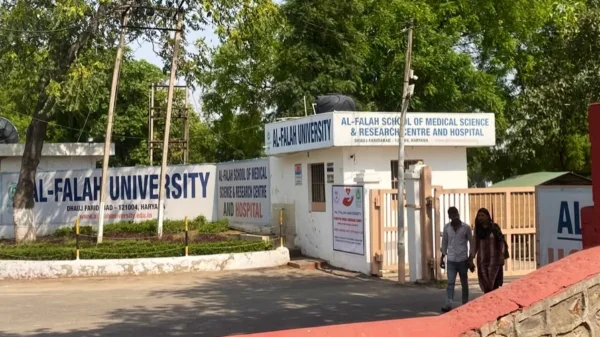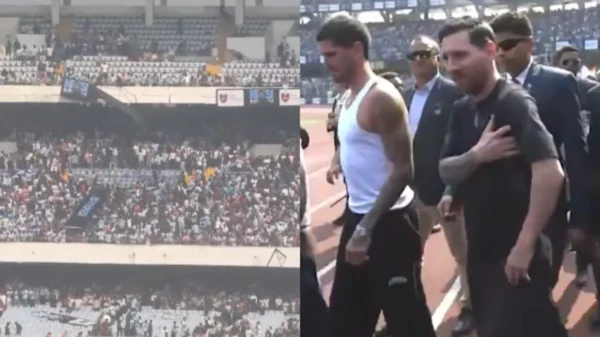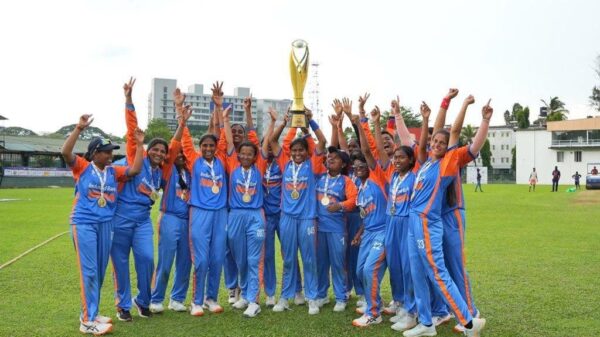By Abdul Hannan Qazi
Bulldozers have played an extremely crucial role in infrastructural development worldwide. These modern machines have been instrumental in the construction of huge tech centres, community centres and marketplaces in India. However, the recent use of these machines indicates how they can be used by the State for targeting and oppressing a community.
Yes! Bulldozers in India have become a symbol of state-backed oppression. The vengeful use of bulldozers for political vendetta and appeasement of a communal vote bank has become the norm of the day.
Demolitions are being carried out without proper notices and all procedural requirements are being flouted. On the mere suspicion of involvement in a crime, houses are being bulldozed and not just the probable convict but a collective punishment is being meted out to an entire family.
Demolitions Without Due Process
The notion of ‘bulldozer justice’ became popular after Yogi Adityanath was voted to power as the Chief Minister of Uttar Pradesh. It spread to different States such as Delhi, Madhya Pradesh, Haryana, Uttarakhand, Assam and Maharashtra. It is appalling to note that the criminal law of the country does not seek to punish through demolishing houses.
Despite this, demolitions have been carried out in broad daylight under the supervision of law enforcement officers who are supposed to be the upholders of the rule of law in this country. First, the demolitions are carried out and subsequently, reasons for the same are given.
This state action completely violates the principle of natural justice which contemplates giving reasonable opportunity of being heard to the other party as well. In most cases, notices are not given and even if they are given, reasonable time to challenge those notices is not given.
In order to remedy the situation, the apex court was petitioned by the Jamiat Ulama I Hind to take cognizance of the situation. The proceedings commenced in April 2022 but no substantial order or direction was passed to console the victims of this barbaric activity. In the meanwhile, several demolitions were carried out rendering many homeless.
The Supreme Court which did not take time to consider the NEET Scam or the RG Kar Hospital Rape and Murder Case, that very Supreme Court did not come to the rescue of those voiceless citizens of the country who conceded to their plight in the hope of justice.
Selective Targeting – Across States
In April 2022, due to communal tensions caused by a Ram Navami procession in Khargone, Madhya Pradesh, the home minister of the State threatened to raze down the houses and shops of those involved.
According to the People’s Union for Civil Liberties, only Muslim houses and shops were targeted and demolished without any notice. A similar incident took place in Khambhat, Gujarat, where small Muslim businesses were targeted. In the same month, communal violence broke out in Delhi’s Jahangirpuri during a Hanuman Jayanti procession. The NDMC was all set to demolish structures when the Supreme Court granted a stay. Despite that, the NDMC continued demolitions. Despite violations of the order, the Supreme Court did not initiate contempt proceedings against NDMC.
In May 2022, a Muslim man died in police custody in Assam. His family protested his death which led to violent clashes. As a result, the deceased’s immediate and extended family members became victims of bulldozer justice when their homes were demolished.
In June 2022, following the nationwide protests instigated by Nupur Sharma’s blasphemous remarks against Prophet Muhammad (PBUH), the houses of some protestors were demolished which also included the house of the Muslim activist, Afreen Fatima.
A 16th-century Shahi Masjid situated in Allahabad, Uttar Pradesh, was demolished in January 2023 even though the matter was pending in the court.
In July 2023, three Muslim boys accused of spitting on Yatris in Ujjain, Madhya Pradesh were arrested without any solid evidence and later, their houses were demolished. Communal tensions broke out in Nuh, Haryana in August 2024. The Haryana administration demolished approximately 1200 structures which were pre-dominantly owned by Muslims.
In January 2024, without giving prior notice, the Delhi Development Authority bulldozed a mosque and a madrasa. In the same month, shops of vendors in the Muslim locality of Mira Road, Maharashtra were demolished following a communal confrontation.
In Haldwani, Uttarakhand, a two-decade-old mosque and madrasa were demolished in February 2024 even though the matter was sub judice.
In Madhya Pradesh’s Mandla district, homes of Muslim residents were demolished on suspicion of possession of cow meat in June 2024. In the same month, the same state administration razed the homes of four Muslim men after alleging that they threw the remains of cows at a temple. The administration went ahead by issuing backdated notices even though the matter was pending in the Madhya Pradesh High Court.
In August 2024, Samajwadi Party leader, Moeed Khan’s bakery situated in Ayodhya was bulldozed due to his alleged involvement in a rape case. All these demolitions were going on while the Supreme Court was busy stalling the matter without any interim orders.
Involvement in Crime Is No Justification for Demolitions
It is evident from these incidents that bulldozer justice has prevailed with impunity in the BJP-ruled states. The primary targets of these demolitions were Muslims who were allegedly involved in some mischief. The administration covered these demolitions by labelling the demolished properties as illegal structures. Even if they were illegal structures, the procedure that ought to be followed for such an action was completely ignored by these authorities and the illegality of the structure was reduced to an argument that was used to cover up the communal targeting of Muslims.
These instances of unjustified demolitions are not just arbitrary and unjust but are explicitly unconstitutional. They blatantly violate the right to equality and the right against discrimination as enshrined in Articles 14 and 15 of the Indian Constitution.
Further, in many cases, shops were razed down which violated Article 19(1)(g) which contemplates the freedom to carry out any occupation, trade or business. The demolitions clearly go against the Supreme Court’s ruling in Olga Tellis v. Bombay Municipal Corporation, wherein the court expanded the scope of Article 21 and held that right to life and liberty included the right to livelihood.
Furthermore, in Kaushal Kishore v. State of Uttar Pradesh, the Supreme Court reiterated that the right to life included the right to shelter as well. Therefore, despite the unconstitutional nature of these forceful demolitions and evictions, there was a delay in taking this issue into consideration.
Finally, on September 2, 2024, the Supreme Court in Jamiat Ulama I Hind v. North Delhi Municipal Corporation proposed to lay down guidelines for such an action. A bench comprising of Justices Bhushan R. Gavai and K.V. Vishwanath reprimanded, “How can a house be demolished just because he is accused? It cannot be demolished even if he is a convict.” On September 12, 2024, the Supreme Court in Javedali Mahebubmiya Saiyed v. State of Gujarat was hearing a petition where a person who was alleged to be involved in a case of sexual harassment was served with a demolition notice by the Kathlal Nagar Palika.
The Supreme Court observed, “In a country where actions of the State are governed by the rule of law, the transgression by a family member cannot invite action against other members of the family or their legally constructed residence. Alleged involvement in crime is no ground for demolition of a property…The Court cannot be oblivious to such demolition threats inconceivable in a nation where law is supreme. Otherwise, such actions may be seen as running a bulldozer over the laws of the land.”
It took approximately two and a half years for the Supreme Court to finally realize that there was a dire need to frame guidelines to define the scope of state action.
The largest minority community in India was the primary target of these demolitions. Amnesty International’s report revealed that the demolitions were symbolic of targeted discrimination against Muslims. Justifications given by administrative agencies are extremely ironic as they generally try to back their actions by stating that the razed property was an illegal structure but how is it that the structure belonging to Muslims is the only illegal structure? Other adjacent and nearby structures belonging to Hindus are never demolished on these grounds.
Why is the building, home or shop belonging to Muslims always illegal? Is this a question of illegality or a question of state-backed communal oppression?
The information presented in this article represents the personal viewpoints of the author and does not necessarily reflect the opinions of The Observer Post.









